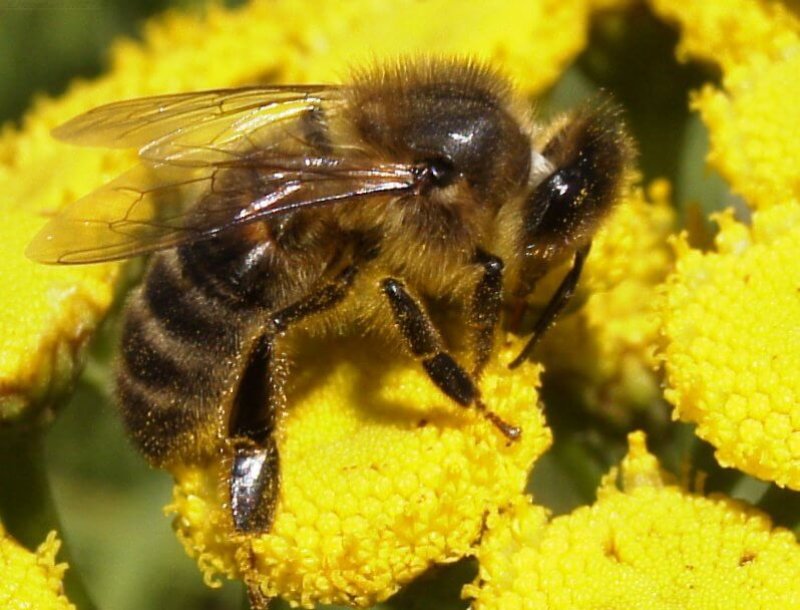The GLP aggregated and excerpted this blog/article to reflect the diversity of news, opinion and analysis.
Pharmaceutical giant Bayer has said it has put forward proposals for extra protections for bees after initially accusing the Environmental Protection Agency of overestimating the harm caused to the vital pollinators by a widely used pesticide.
A preliminary risk assessment released by the EPA last week found that that imidacloprid, one of the world’s most common pesticides, can cause honeybee populations to fall in some circumstances. . .
Bayer, a dominant player in the neonicotinoid pesticide market, initially said the report “appears to overestimate the potential for harmful exposures in certain crops, such as citrus and cotton, while ignoring the important benefits these products provide and management practices to protect bees”.
But the company has now clarified its stance, telling the Guardian that it believes the assessment is “quite good and scientifically sound”. A spokesman said Bayer will look to work with the EPA to reduce risks to bees.
“EPA concluded that when used on citrus and cotton imidacloprid might pose a risk. Note that they didn’t say they are a risk to honeybee colonies,” he said.
“That’s because there are many ways farmers can use these neonics on cotton and citrus crops in ways that reduce risk to honeybee colonies. In fact, there are many restrictions in place that already do this and Bayer has proposed several more to EPA to consider that would put in place additional protections for bees.”
Read full, original post: Bayer revises position to propose extra protections for bees from pesticides































